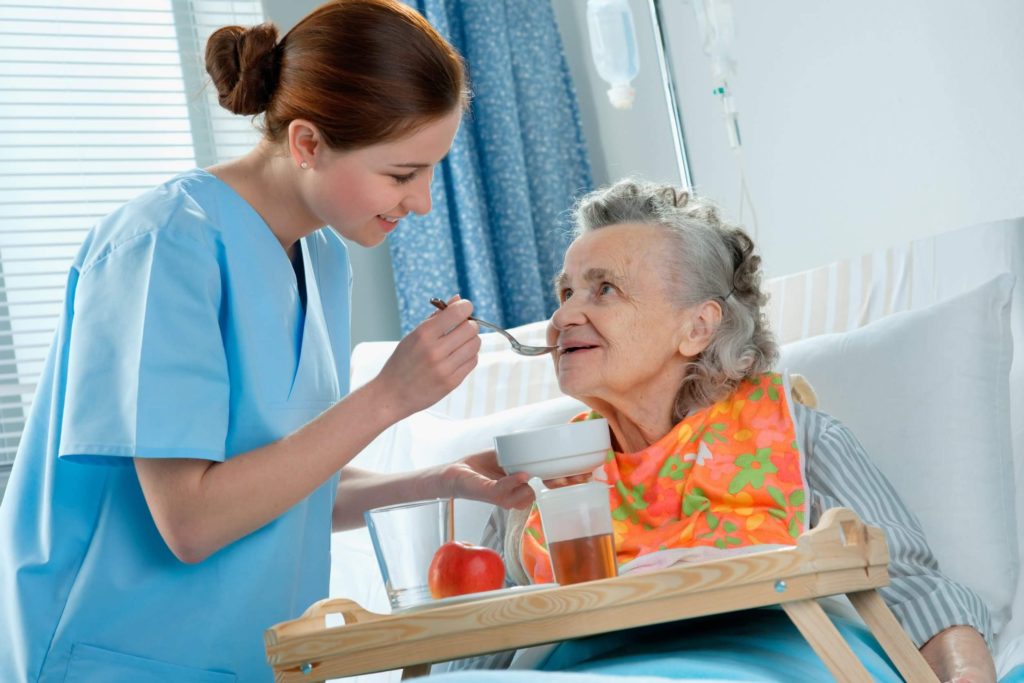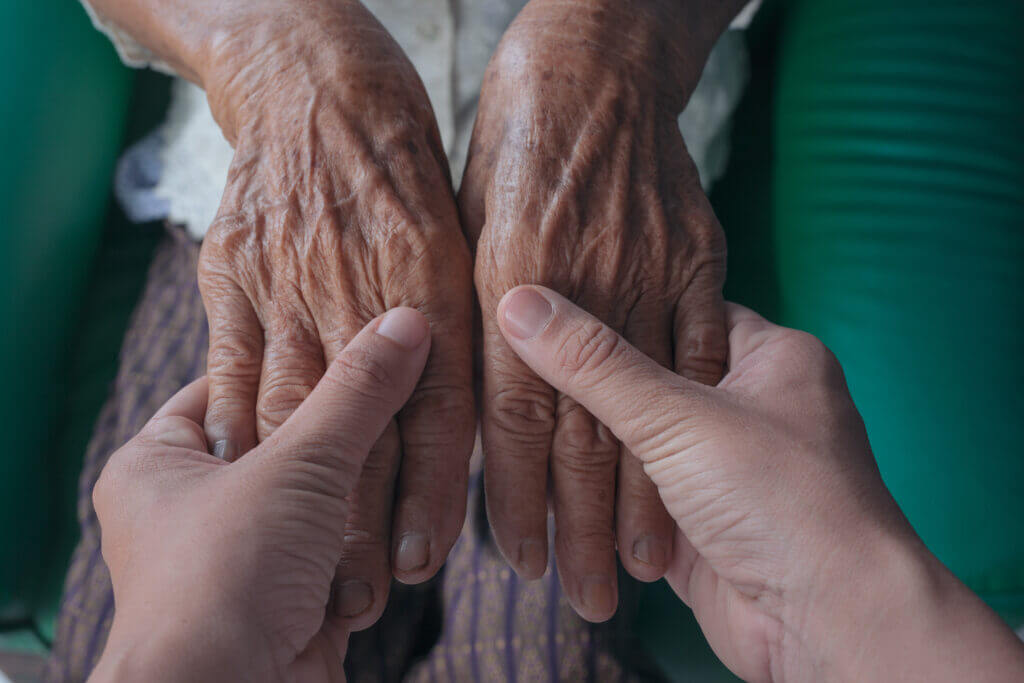What is malnutrition in Elderly?
Have you noticed the senior you care for has been a bit sluggish of late? Perhaps you have noticed a lack of appetite in elderly or a short temper followed by episodes of unexpected anger. If you notice any of these signs, nursing interventions for malnutrition in the elderly are available. There are several other revered and widely acclaimed treatment approaches for malnutrition in the elderly worth exploring before resorting to an intervention as detailed below.
Malnutrition in the elderly has the potential to prove deadly. Malnutrition in seniors is likely to spur additional health problems aside from frailty. Examples of those negative health outcomes include infection, issues with wound healing and a potentially lengthy recovery time. Malnutrition in elderly will lead to the loss of important weight including muscle that might ultimately render the senior frail, lacking in autonomy, unable to maintain balance for even a brief period of time and painfully injured after ensuing falls. Every senior and individual who cares for seniors should be hyper-aware of the fact that every elderly individual is merely one fall away from an injury that has the potential to prove fatal.
Why is malnutrition common in the Elderly?
Malnutrition occurs more commonly in the elderly than in individuals of other age cohorts primarily because older individuals live comparably sedentary lives. Seniors often suffer the loss of appetite for a variety of other reasons aside from inactivity.
Prescription medications are one of the best examples of the reasons why some seniors have minimal or no appetite. Furthermore, some seniors find it difficult to chew through food and swallow it, meaning they will be that much less likely to eat the amount of food necessary to remain healthy. We would be remiss not to mention the fact that the loss of taste and appetite in elderly can lead to elderly starvation.
Symptoms of malnutrition in Elderly
A senior citizen who commonly complains of being cold, depressed or irritated is an individual who might be malnourished. A senior who is lazier than normal, has hair falling out, finds it difficult to focus or has bursts of anger pop out of seemingly nowhere should also be evaluated for malnourishment.
What causes malnutrition in the Elderly?
Malnutrition in the elderly typically results from insufficient food intake. Some seniors choose the wrong foods, ultimately experiencing nutritional deficiencies. Factor in a higher frequency of illness in seniors and the chances of malnourishment as a result of inadequate food consumptions is even greater.
What are the risk factors for malnutrition in the Elderly?
The risk factors for malnutrition in senior citizens are highlighted by poor oral health. Problems with dental health are a significant risk factor for adult malnutrition. Furthermore, cognitive impairment is another common risk factor for elderly malnutrition. Multiple studies indicate cognitive impairment is tied to elderly malnutrition. The use of prescription medication, diets that emphasize specific foods and even general depression all have the potential to heighten the chances of elderly malnutrition.
How to prevent malnutrition in the Elderly?
Malnutrition in the elderly can be prevented with the proper planning. The cause of malnutrition, the right approach to monitoring senior nutrition and other strategic elements used in combination have the potential to prevent a future scenario in which the senior you care about so much ends up malnourished.
Be proactive and zero in on the food the senior you care for consumes throughout the day. Seniors’ posture and strength are also important. Muscle strength enhances posture all the more. Bones and muscles work in unison to keep a senior in the upright position, meaning weakness will lead to improper posture along with strains and pain. Zero in on nutritious whole foods, prepare meals for the senior you care about or lean on an at-home care provider to help with meal prep. The end result of this extensive planning is a senior who is well-fed, well-nourished, healthy and happy.
Treatment of malnutrition in Elderly
Treating a senior who is malnourished is easier than most assume, especially with the assistance of an in-home healthcare services provider. So don’t assume a DIY (do it yourself) approach to treating malnutrition in the elderly is guaranteed to work. There is no shame in asking for a helping hand from a healthcare home services provider.
Home healthcare aides provide assistance with meal preparation and planning. Planning out half a week or a full week of meals ahead of time makes it that much easier to eat three square meals per day that are healthy, nutritious and tasty. Food is that much more appealing to seniors when it is prepared with the proper herbs and spices, served hot and enjoyed in the presence of others. Carve out some time from your busy schedule to enjoy meals with the senior you love so much and your presence just might inspire him or her to enjoy three meals every single day without exception.

How to treat malnutrition at Home
Treating malnutrition at home is easier when the patient is provided with enjoyable food tailored to his or her tastes. Aside from consuming delicious meals, there are additional options for home treatment including tube feeding for seniors who suffer from inflammatory bowel disease. Some patients undergo screening monitoring and additional treatment as time progresses. Additional examples of treatment modalities include supplements, the intravenous administration of nutrients, the use of alternative eating utensils, etc.
Nursing interventions for malnutrition in the Elderly
The consequences of malnutrition in the elderly are quite grim. Though malnutrition is not guaranteed to lead to a quick death, it can certainly cause significant weight loss along with health issues and a hastening of a senior’s health decline.
If necessary, a nursing intervention will be performed to treat malnutrition in the elderly. However, other treatment methods will be exhausted before resorting to a nursing intervention for the senior you care for. Nurses provide assistance designed for each unique patient including fluid fortification/enrichment, oral supplements for nutrition, guidance and ongoing care.


